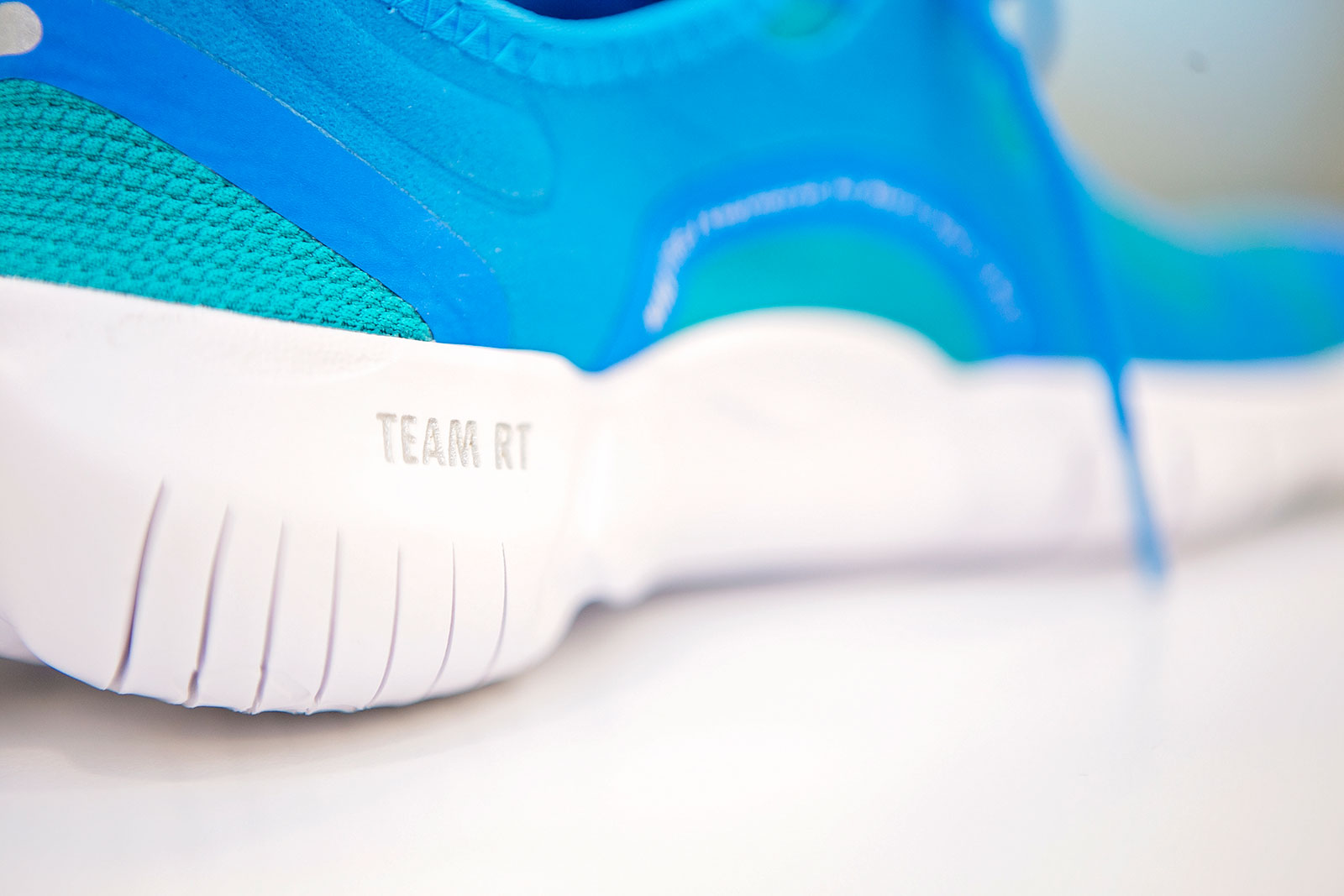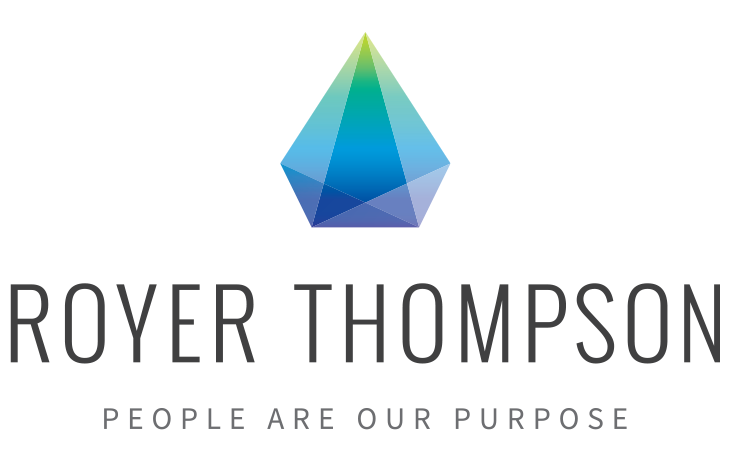
24 Apr From Sweat Pants to Dress Pants: Practical Tips from a Recent Grad
Ellen Snook, Human Resources Coordinator
“Ah, the relief of finishing exams and earning a university degree”, that seems to be the first sentence I hear when I talk to the graduates of 2018. The second sentence is usually about the stresses of finding a job, or if they have found a job, the fact that they are both excited and apprehensive about entering the workforce (which is completely normal by the way!).
Finding that first real job and gaining work experience can be daunting, especially if you have not had any office experience in the past. The transition from full time student to full time employee is an important change in life. Only you can determine how well you will be prepared for it, so let me help out a little with some of my personal experience. As we enter a new life chapter from sweat pants to dress pants, I felt that sharing my tips and tricks for new grads would be useful and could help facilitate the conversation that many of us students are thinking about! I’m a recent business grad starting my career, and in our practice at Royer Thompson, we advise clients to be purposeful, resolute, and well organized in the job search.
Here are my top ten tips for new grads:
- Learn everything you can about companies of interest. Look at websites, annual reports and attempt to reach out to employees within the organization to show your interest and receive any other information about the company.
- Aptitude and personality assessments can be useful to explore jobs that may not be obvious, although you have the degree, there may still be career options you may not have considered.
- Find out if the company hires recent graduates or has an internship program; many organizations are interested in developing talent and engaging with new graduates just like us!
- Prepare for the interview. Anticipate their questions and come prepared with yours. Many career websites and blogs are offering interview templates that you can use for practice. I had no idea what a behavioural interview was before my first interview (you aren’t alone!). Genuine curiosity is a highly rated quality by employers.
- Your CV and LinkedIn profile evolve as you gain experience, so keep them current and accurate! Be sure to turn off your notifications on LinkedIn when you are updating your profile. Turn them on for the big things like a new job! (Sending an email to your followers that you just added 62 new skills to your profile isn’t something you want.)
- Ask for information interviews and follow-up immediately with a note or email summarizing the topics discussed and affirm your interest; recruiters notice things like this.
- “If you qualify, APPLY!” Apply for numerous jobs. Get your resume out there. Indeed.com is your friend, create a profile and have them push out emails to you so you can see what jobs are posted daily. But remember that 80 % of jobs are not posted, networking through LinkedIn and at events is just as important.
- The best way to land your first job is through someone who knows you and is hiring, or by having a connection who will vouch for your academic, volunteer or extra-curricular experience and character. Reach out to that old family friend to ask if you can take them for a coffee to catch them up on what you have been up to the past four years. You have the degree, no one can take it away from you, so put yourself out there and talk about how you can contribute to an organization!
- Practice makes perfect. Every encounter and interview is an opportunity for self-discovery and to practice your pitch.
- You’ve got this, remember to keep positive. You’ve already accomplished a lot and you are keen to learn and contribute. There will be disappointments along the way so keep yourself whole, active and healthy in mind and body.
Feel free to reach out to me through LinkedIn to continue the discussion surrounding the student to employee transition or check out our services www.royerthompson.com.

